Berlioz: Symphonie Fantastique (Celibidache)
Introduction
A live performance from Turin in 1969 of Berlioz`s symphonic picture of an artist and his unrequited love.
Probably one of the greatest early programmatic works, the `artist` is of course the composer himself, and the unrequited love is for the Irish actress, Harriet Smithson, who Berlioz saw on stage in 1827. Several love letters went unanswered, and so he composed this work (under a rather heavy dose of opium for most of the time, allegedly). Harriet didn`t turn up to the premier either, but heard the work 5 years after it was composed and realised that she was the muse behind it. She married Berlioz in 1833.
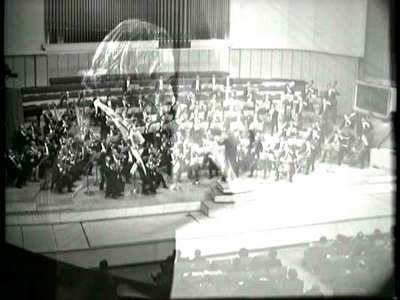
Video
Quite clean for a 1969 TV recording, but don`t expect anything mind-blowing.
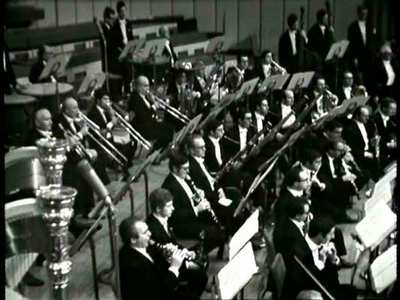
Audio
It`s a shame that the sound is in mono, and without much hint of the sonic depth necessary to hear a work like this properly. Having said that, there`s a nice hefty bass where necessary (obviously helps to have an amp of course, as I doubt it will be too noticeable from bog-standard TV speakers). Some shrillness in the treble range can also be calmed down with a little clever tweaking.
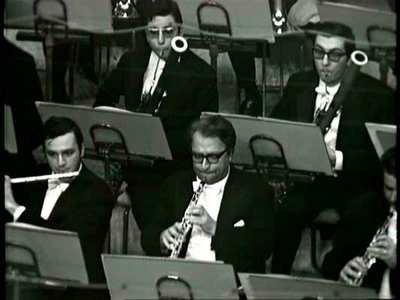
Features
None on the disc, but there`s a short essay in the accompanying booklet explaining the origins of the work and a little more about Celibidache, although there`s nothing revelatory here.
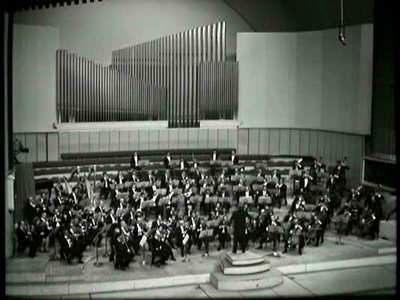
Conclusion
Any brand new recording of this work is going to have to be something special, being one of the most popular classical works around. Unfortunately, this isn`t in that category, although it`s very well played, and as a live performance would have impressed, without it being a long-lasting impression.
Celibidache`s interpretation is quite straightforward, and the orchestra plays in a very `matter-of-fact` manner. A prime example is the introduction to the Finale, where there`s no attempt at all to bend the notes by the oboe or flute.
As Misha Donat says within the booklet, this performance is interesting because of the tempo of the ``March to the Scaffold``. Here, Celibidache takes the `Allegro non troppo` marking literally, and the music is no longer the crazy dance-like rush to the artist`s own execution, at which the artist is a spectator (must have been good stuff!), but more the intended horrifying procession and ultimate capitulation (or is it decapitation?) Berlioz envisaged.
This doesn`t carry the whole work though, and I`m afraid to say I found little to excite me when watching (although the "Scène aux champs" was very pretty - as an aside, I suspect the cor anglais player spilled something on his dress shirt as he was the only one wearing a white polo necked thing).
My review disc had a few sticky moments too, notably in at the end of the first movement, and quite severely in the third. This obviously didn`t help when trying to concentrate on the music.
One for die-hard Celibidache fans only I think.
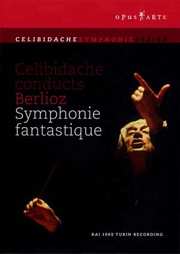
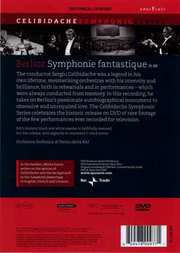




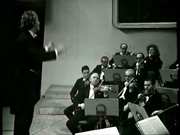
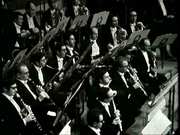
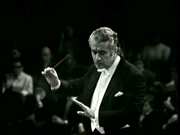
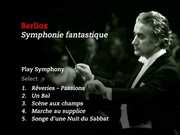






























Your Opinions and Comments
Be the first to post a comment!